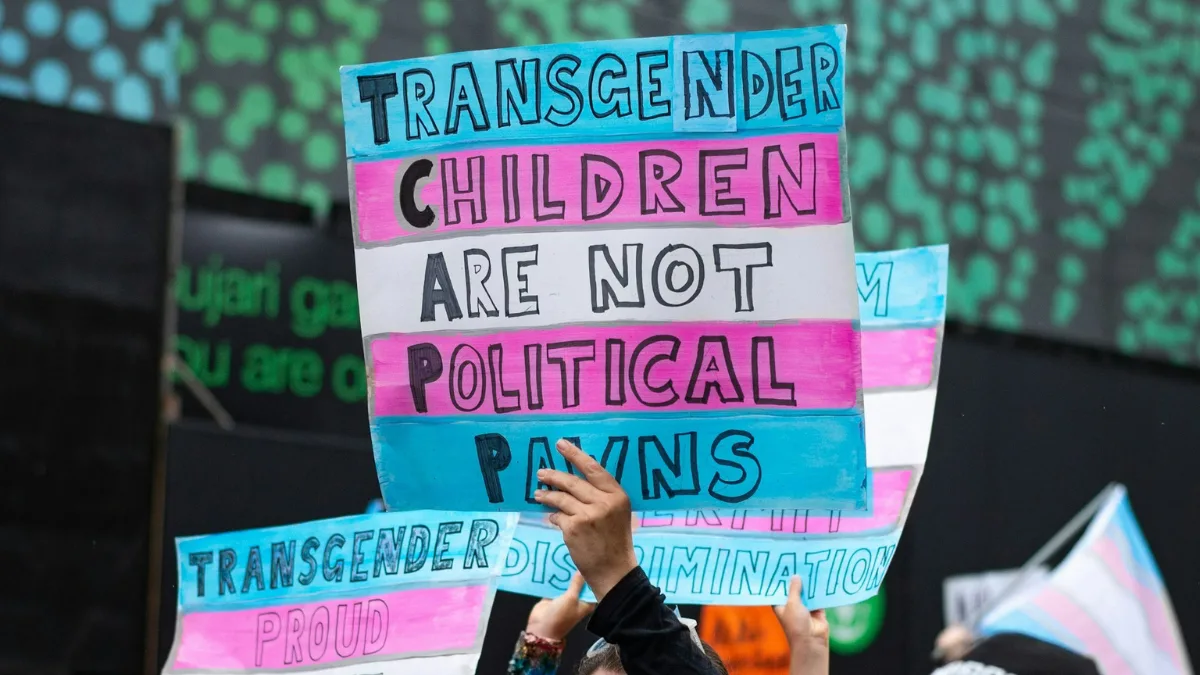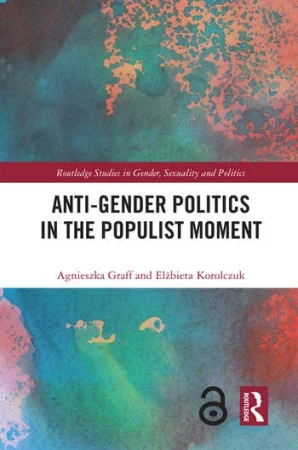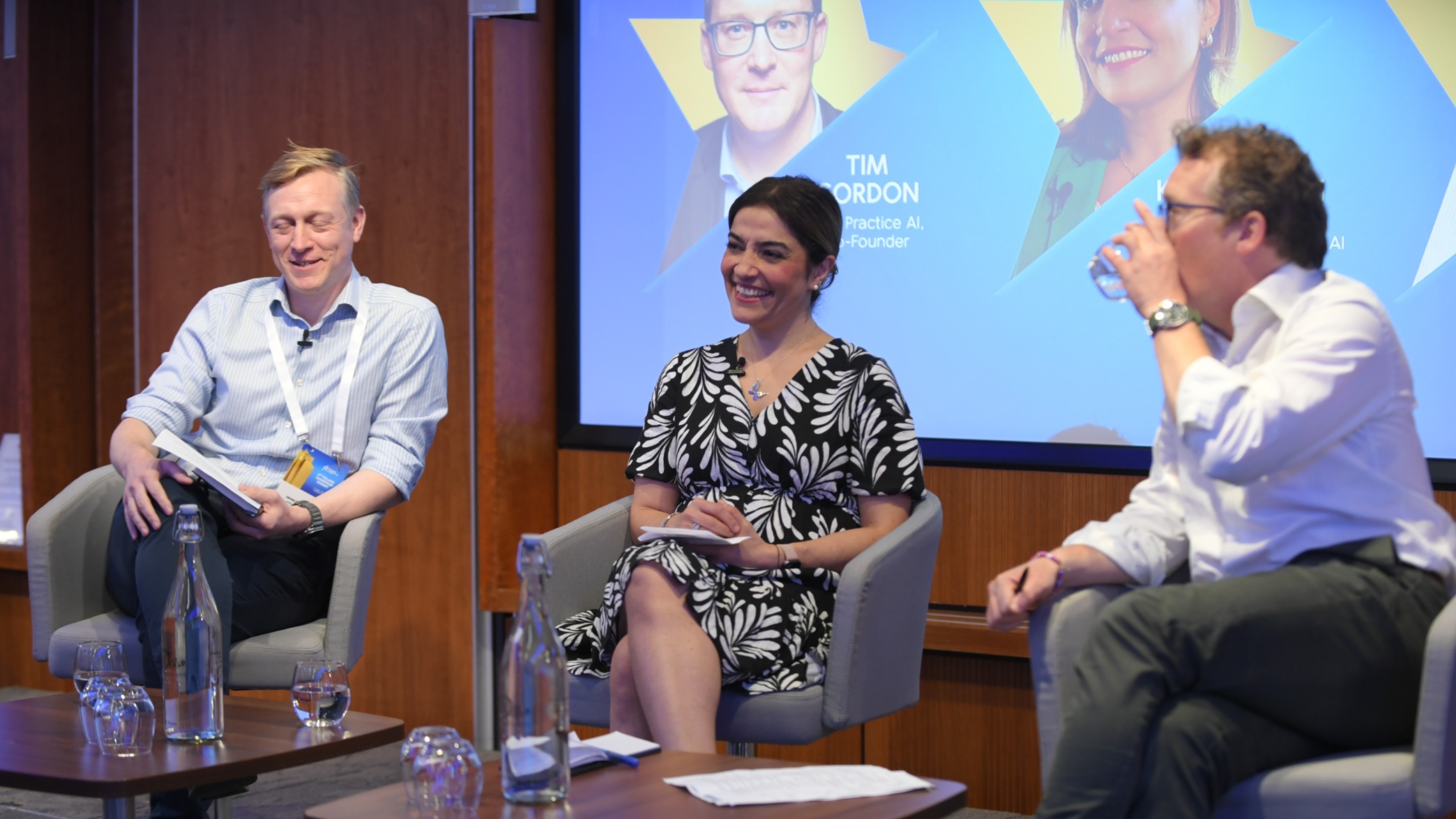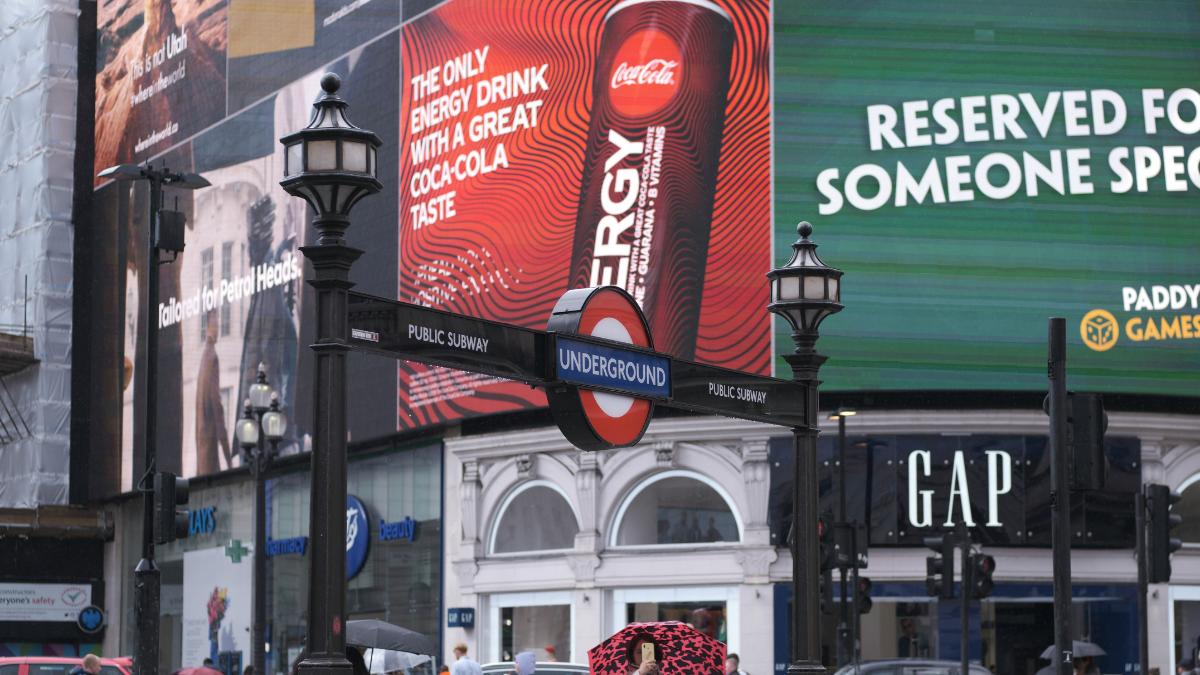The year 2024 signifies a super election year, with an unprecedented number of voters expected to participate in elections across at least 64 countries and the European Union.
As discussions on gender issues become increasingly politicised and a further rightward shift is anticipated, concerns about the future of women’s and LGBTQI+ rights intensify.
Despite substantial media attention on the polarisation around gender equality, the broader issue of this opposition being well-connected, well-funded, and infiltrating democratic institutions has not been sufficiently addressed beyond academic circles.
Understanding the anti-gender movement
Polish sociologists Agnieszka Graff and Elżbieta Korolczuk, in their book Anti-Gender Politics in the Populist Movement (2021), explain that the anti-gender movement encompasses various social movements opposing what they term ‘gender ideology,’ ‘gender theory,’ or ‘genderism.’ This opposition is rooted in decades of transnational networking among conservative, neoconservative, far-right groups and right-wing parties worldwide.
Initially spearheaded by the Vatican and other Christian institutions, anti-genderism has evolved into a broader political phenomenon, including diverse groups such as those aligned with the US Christian Right and Russian government. These campaigns are well-funded through extensive transnational networks, with $700 million spent in Europe alone over the past decade targeting the reproductive rights of women and LGBTQI+ individuals.
The global reach and influence
The actors behind anti-gender groups are diverse and extend beyond religious circles. Each country has a mix of actors, including organisations of ‘concerned citizens’ or ‘concerned parents,’ traditional family associations, pro-life groups, radical nationalist parties, and right-wing populists.
In some instances, these movements have evolved into political parties. In countries like Brazil, Hungary, and Poland, anti-gender ideology has become part of official state politics. Supporters span various sectors, including media, business, and academia. Women often lead these groups, presenting themselves as defenders of traditional motherhood. Notably, in France, an openly gay man co-led an anti-gender organisation, challenging the notion of full marriage equality.
This phenomenon represents more than traditional conservative resistance to gender equality and sexual rights. It embodies a novel form of opposition characterised by innovative organisational structures, modes of mobilisation, and discourses aimed at engaging a broader audience beyond conventional conservative circles.
The threat to human rights
These groups have gained substantial momentum globally, posing a considerable threat to human rights progress.
For instance, in the US, the reversal of Roe v. Wade and the enactment of 84 anti-LGBTQI+ bills across 23 states have curtailed reproductive and LGBTQI+ rights. In Ghana, the Human Sexual Rights and Family Values Act criminalises LGBTQ+ relationships and any support for LGBTQ+ rights, severely undermining free speech and access to essential services.
In India, anti-gender proponents are closely associated with Hindu nationalist movements advocating for traditional gender roles and patriarchal social structures.
The rising influence of far-right parties poses a significant risk to women’s rights and LGBTQ+ protections in Europe. In Poland, the Law and Justice party’s 2020 legislation severely restricting abortion access exemplifies this trend. Similarly, Hungary mandates that individuals seeking an abortion listen to the fetus’ heartbeat beforehand. Italy‘s right-wing government has reduced funding for programs combating gender-based violence, and Spain‘s far-right Vox party has dismantled equality departments and suppressed discussions of gender-based violence.
Anti-gender disinformation strategies
The anti-gender movement skillfully presents itself as contemporary, youthful, and fashionable, indicating a generational shift in conservative opposition. Their strategy prominently features adept use of social media and a discourse steeped in what linguist Ruth Wodak calls the ‘politics of fear’ — the deliberate use of language, symbols, and narratives to create a sense of threat, insecurity, or crisis. A recurring theme in their rhetoric is the ‘innocent child,’ symbolising the family and the nation, both central to anti-gender discourse.
These movements frequently appropriate concepts from progressive social movements, especially in their references to human rights. They depict their freedom of speech and religious practice as endangered, positioning themselves as rational, reasonable actors compelled to speak out as things have purportedly ‘gone too far.’
They also cast themselves as protectors of national authenticity, standing against international influences. This narrative not only portrays them as victims, but also suggests that the marginalised ‘silent majority’ has a significant voice. The professionalisation of their activism is evident, encompassing strategic litigation and lobbying, underscoring the transnational nature of the movement.
What does this mean for the future of media?
To summarise, the disinformation strategies of anti-gender movements include:
- Advocating for a moderate stance: Presenting themselves as voices of reason and normalcy, emphasising a balanced approach.
- Creating a dichotomy of us vs. them: Framing the situation as a conflict between ‘us’ and ‘them,’ often involving self-victimisation.
- Exploiting democratic processes for undemocratic aims: Using democratic tools, such as referendums, to achieve goals that undermine democratic principles.
- Co-opting human rights discourse: Using the language of human rights to suggest their rights are threatened by a specific social minority.
- Using conspiracy theories: Referencing a hidden agenda, such as ‘gender ideology,’ with claims of catastrophic societal outcomes.
- Utilising the image of children to incite moral panic: Raising concerns about children’s welfare to incite moral panic, portraying them as threatened by certain ideologies or groups.
The global anti-gender movement poses a multifaceted and significant threat to the further advancement of human rights and democracy. By presenting themselves as rational and moderate while exploiting democratic processes and co-opting human rights discourse, these groups have effectively infiltrated mainstream politics, institutions, as well as the media. Their sophisticated disinformation strategies, which harness fear and moral panic, have enabled them to mobilise a diverse and extensive support base.
As this movement continues to gain traction worldwide, it is crucial to recognise and counteract its influence. The challenge lies not only in opposing these regressive ideologies, but also in fostering a more inclusive and informed media discourse.
Featured image: Nikolas Gannon / Unsplash


























